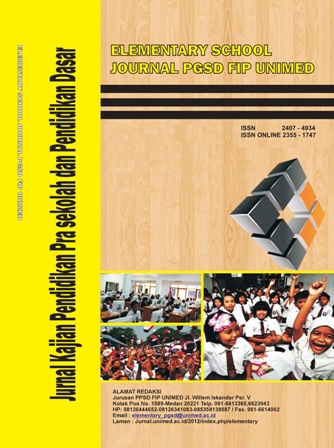BLENDED LEARNING ORIENTED KKNI TOWARDS STUDENTS CRITICAL THINKING
DOI:
https://doi.org/10.24114/esjpgsd.v9i3.16356Abstract
ABSTRACTThis study aims to determine: The Effect of KKNI-Oriented Blended Learning Models on Students' Critical Thinking Ability. The research method used in this study is a quasi-experimental pattern with nonequivalent control group design. In this study used test and non-test data collection tools. Tests were used to collect data about students' critical thinking skills in the educational philosophy course. The tests used were written tests. Pre-test and post-test are given to the experimental and control classes to measure the students' critical thinking skills. The results showed that there was a significant influence using blended learning to the students' critical thinking skills. Thus it is recommended that lecturers use the blended learning model. Keywords: Model, Blended Learning, critical thinkingDownloads
Published
2019-12-31
Issue
Section
Articles
License
Copyright (c) 2019 Naeklan Simbolon, Eva Betty Simanjuntak, Laurensia M Perangin angin

This work is licensed under a Creative Commons Attribution 4.0 International License.

Elementary School Journal PGSD FIP UNIMED is licensed under a Creative Commons Attribution 4.0 International License.
ESJ : Elementary School Journal PGSD FIP UNIMED by PGSD Universitas Negeri Medan. p-ISSN : 2407-4934 | e-ISSN : 2355-1747

